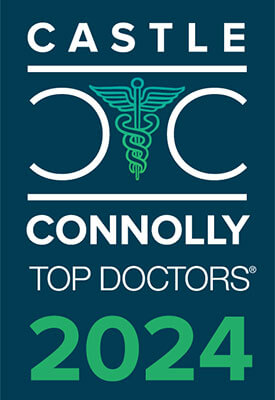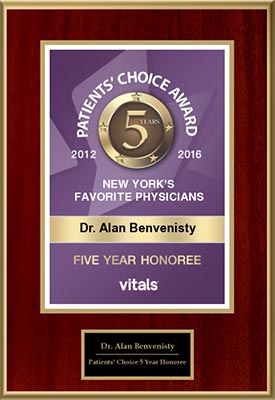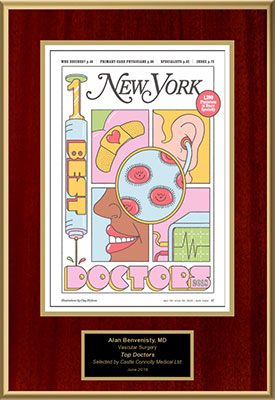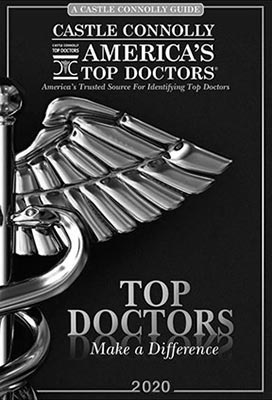Recognizing the Early Signs of Kidney Failure

Kidney failure, also known as renal failure, is a serious medical condition where the kidneys lose their ability to filter waste products from the blood effectively. Recognizing the early signs of kidney failure can make a significant difference in the management and treatment of the disease. Dr. Alan Benvenisty, MD, and his team want to emphasize that early detection and intervention are crucial to slowing the progression of kidney failure and improving patient outcomes.
Understanding Kidney Function
The kidneys are vital organs that play a crucial role in maintaining overall health. They filter waste products, excess fluids, and toxins from the blood, which are then excreted in urine. Additionally, the kidneys help regulate blood pressure, electrolyte balance, and red blood cell production. When the kidneys begin to fail, these essential functions are compromised, leading to a range of symptoms and health issues.
Early Signs and Symptoms of Kidney Failure
One of the earliest signs of kidney failure is persistent fatigue and weakness. As kidney function declines, waste products build up in the blood, leading to a general feeling of tiredness and lack of energy. Patients may find it difficult to perform daily activities and may feel exhausted even after a full night’s sleep. Other early signs of kidney failure include the following:
- Changes in Urination: Kidney failure often affects urine production and appearance. Patients may notice an increase or decrease in the frequency of urination, particularly at night. Urine may appear foamy, dark, or bloody, indicating the presence of proteins or blood. In some cases, patients may experience difficulty or pain during urination.
- Swelling and Edema: The kidneys play a key role in regulating fluid balance in the body. When they fail, excess fluids can accumulate in tissues, leading to swelling, also known as edema. This swelling is commonly seen in the legs, ankles, feet, and sometimes in the face and hands. Edema can cause discomfort and restrict movement.
- Shortness of Breath: As kidney function deteriorates, fluid can build up in the lungs, leading to shortness of breath. This symptom is particularly noticeable during physical activity or when lying down. Patients may also experience chest pain or a feeling of tightness in the chest.
- Nausea and Vomiting: Accumulation of waste products in the blood can cause gastrointestinal symptoms such as nausea, vomiting, and loss of appetite. These symptoms can lead to unintentional weight loss and malnutrition, further weakening the patient.
- High Blood Pressure: The kidneys help regulate blood pressure by balancing fluid levels and producing hormones that control blood pressure. When kidney function declines, blood pressure can become elevated, contributing to further kidney damage and increasing the risk of cardiovascular problems.
Early detection of kidney failure is critical for managing the condition and preventing complications. Regular check-ups and blood tests can help identify kidney problems before they progress to more severe stages. Dr. Alan Benvenisty, MD, recommends that individuals, especially those with risk factors such as diabetes, hypertension, or a family history of kidney disease, undergo routine screening to monitor kidney health.
Seeking Medical Advice
If you experience any of the early signs of kidney failure, it is essential to seek medical advice promptly. Dr. Benvenisty is a highly-respected vascular surgeon who can perform a thorough medical evaluation to determine the cause of symptoms and develop an appropriate treatment plan. Early intervention can slow the progression of kidney disease, improve quality of life, and reduce the risk of complications.
Recognizing the early signs of kidney failure can significantly impact the management and outcomes of the disease. Dr. Alan Benvenisty advocates for proactive health monitoring and early medical intervention to ensure the best possible care for patients at risk of or experiencing kidney failure. By staying informed and vigilant, patients can take crucial steps toward preserving their kidney health and overall well-being. If you have symptoms of kidney failure, contact the office of Dr. Benvenisty in NYC to schedule a kidney evaluation.
Posted on behalf of
440 West 114th St, Second Floor
New York, NY 10025
Phone: (212) 523-4706
Monday & Friday 9:00 AM – 5:00 PM







